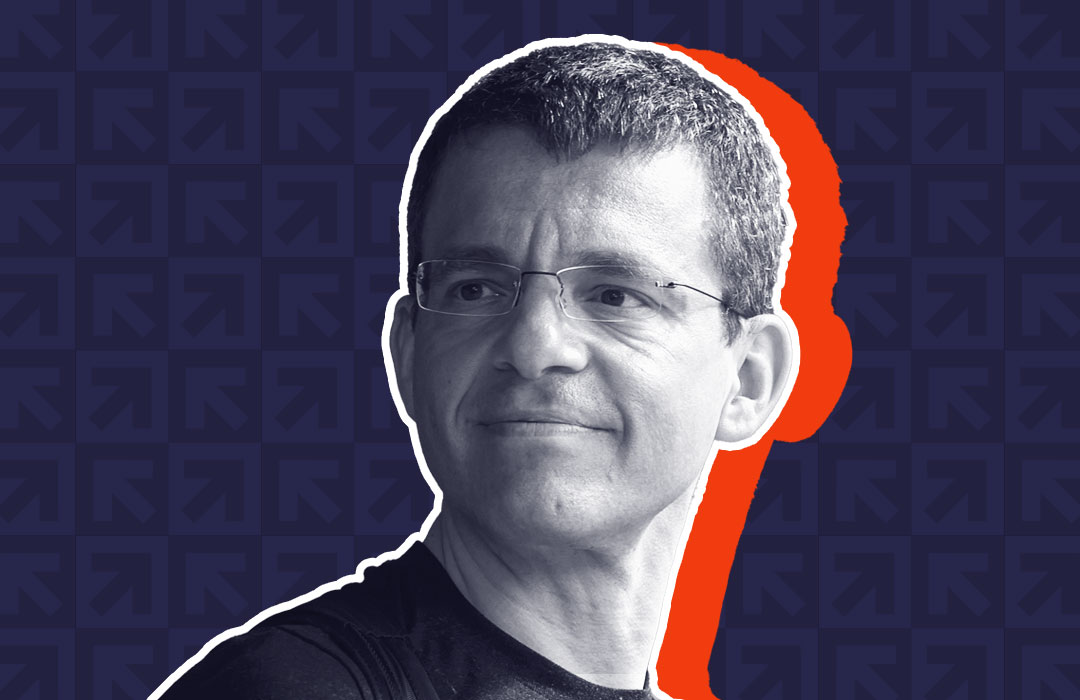Max Levchin, a founder of PayPal and one of the best-known names in fintech, signed up for a credit card in college because it came with a free T-shirt. But he didn’t understand how credit cards worked, failed to make minimum payments and promptly saw his FICO Score plummet.
Levchin eventually paid off his debt, but that bad credit score would dog him for years. Even after PayPal went public and Levchin had earned millions of dollars, he was denied a car loan because his credit wasn’t good enough.
So he set out to build a better method of consumer lending — one without what he describes as “toxic” qualities Levchin says traditional credit cards are built on, like hidden fees and revolving interest.
“I very much care about this idea that access to credit should not mean being in debt forever,” Levchin tells Money.
The concept is top-of-mind for millennials and Gen Zers, Levchin says, many of whom watched their parents struggle with debt during the Great Recession.
His solution was Affirm, a startup that lets consumers pay for purchases in installments. Some payment plans are just a few weeks long, while others — generally for bigger-ticket items — can stretch over 60 months. Interest rates vary, from 0% up to 30% depending on the merchant and a buyer’s creditworthiness. Customers can be approved for the financing instantly (and without ever leaving the checkout page).
Founded in 2012, Affirm partners with thousands of retailers, including Amazon, Walmart, Target, the Home Depot, Delta, Dyson, Saks Fifth Avenue… the list goes on.
Affirm pioneered the modern buy now, pay later model, abbreviated BNPL. It’s controversial: Critics say BNPL can encourage consumers to take on excessive, unsustainable debt, warning that BNPL apps don’t carry as many regulatory protections as traditional credit cards.
But Levchin positions Affirm as the first payments company with a “moral backbone.” He says the business model works because unlike credit card companies, Affirm’s interests are aligned with the best possible financial outcome for consumers. Affirm underwrites every transaction individually (aka it doesn’t approve customers for a revolving line of credit), and it never charges fees. Interest does not compound, either. That means that Affirm doesn’t profit when a customer fails to pay.
“We wanted to design a financial product where, [if] we lent money to you even though you couldn't pay it back, we would not benefit from you finding yourself in debt,” Levchin says. “When you're down, we should not be up.”
Ten years after it began, Affirm is worth $4.7 billion and has more than 14 million active customers. Levchin says the company’s success — both during the “boom times” of the early pandemic and now, with inflation and interest rates soaring — has paved the way for more honest financial products, like a high-yield savings account and Affirm’s recently launched Debit+ card.
Levchin envisions a future where Affirm will sell its BNPL tech to other businesses, too. “We intend to try to drive access to this kind of honest financial product for everyone who wants to do it,” he says.
And, of course, Affirm’s original business model isn’t going anywhere.
“It’s pretty clear that buy now, pay later is here to stay,” Levchin says.






